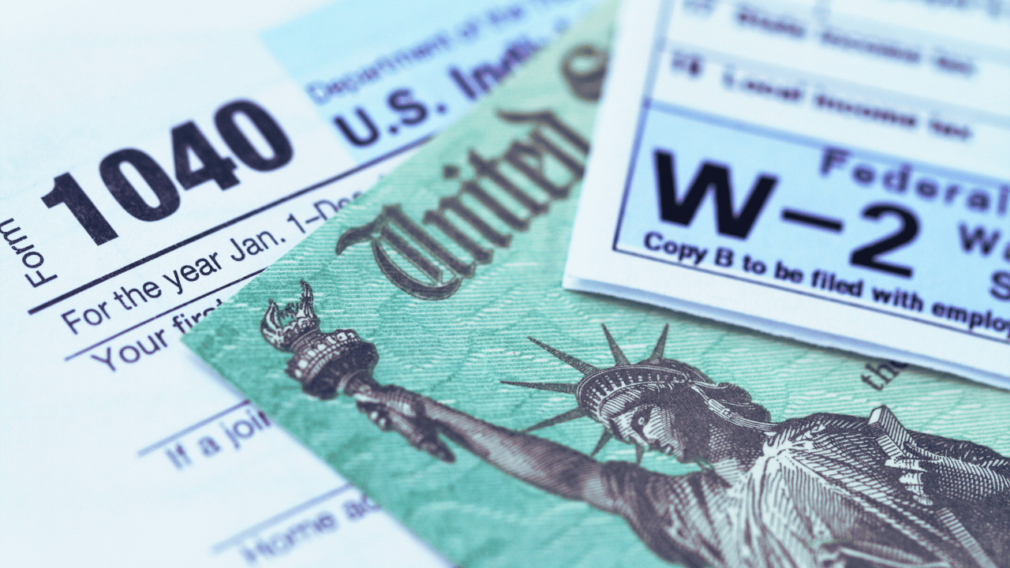Bipartisan Momentum Builds to Reverse OBBB’s “Phantom Income” Tax on Gamblers
A bipartisan effort is gaining significant traction in Congress to repeal a controversial tax provision from the “One Big Beautiful Bill” (OBBB) that slashes gambling loss deductions. With a January 1, 2026, deadline looming, lawmakers from both parties are signaling a willingness to fix what many see as a deeply flawed policy.

A “Bad Decision” Facing a Bipartisan Fix
The provision, tucked into the massive OBBB signed by President Trump, reduces the amount of gambling losses a bettor can deduct from their winnings from 100% to 90%. This means a player who breaks even for the year would still face a tax bill on 10% of their losses—a concept critics have labeled a tax on “phantom income.”
House Ways and Means Committee Chairman Jason Smith (R-MO) has publicly called the change a “bad decision” and stated that members on “both sides of the aisle are open to working to address it.”
His support is a crucial development, as his committee controls all tax-related legislation. Rep. Andy Barr (R-KY) has even introduced a second bill to restore the deduction, further highlighting the growing Republican support for a reversal.
Rep. Dina Titus Leads the Charge
The primary legislative vehicle for the fix is the FAIR Bet Act, introduced by Rep. Dina Titus (D-NV). Representing the Las Vegas district, Titus has been a tireless advocate for the bill, which now has 10 bipartisan co-sponsors, including the entire Nevada House delegation.
Titus has successfully framed the issue as a national concern, not just a Nevada problem. “I have never gone viral before, but this issue has actually done that,” she said, pointing to over a million social media reactions to her posts.
She warns the current law could push players to offshore or black-market operators to avoid the tax. “They’ll just figure, ‘to hell with it, I’m not going to turn this in,’” she said.
Key Hearing in Las Vegas Boosts Momentum
The push for repeal received a major boost at a July 25 field hearing in Las Vegas held by the Ways and Means Committee. The hearing gave lawmakers a real-world look at the potential impact of the tax change and provided a platform for industry leaders to voice their concerns.
The American Gaming Association (AGA) submitted testimony calling the provision an “unfair precedent” that “uniquely penalizes a legal, heavily regulated activity.” The hearing demonstrated a clear consensus among those closest to the issue that the law needs to be changed before it takes effect.
Despite the growing support, hurdles remain. A companion bill in the Senate, introduced by Sen. Catherine Cortez Masto (D-NV), was blocked by Sen. Todd Young (R-IN), indicating that opposition still exists.
Time is also a major factor. With Congress in recess until September, the legislative window is closing fast. The FAIR Bet Act must pass through Chairman Smith’s committee and then get a vote in both the full House and the Senate before the end of the year.
Recommended
